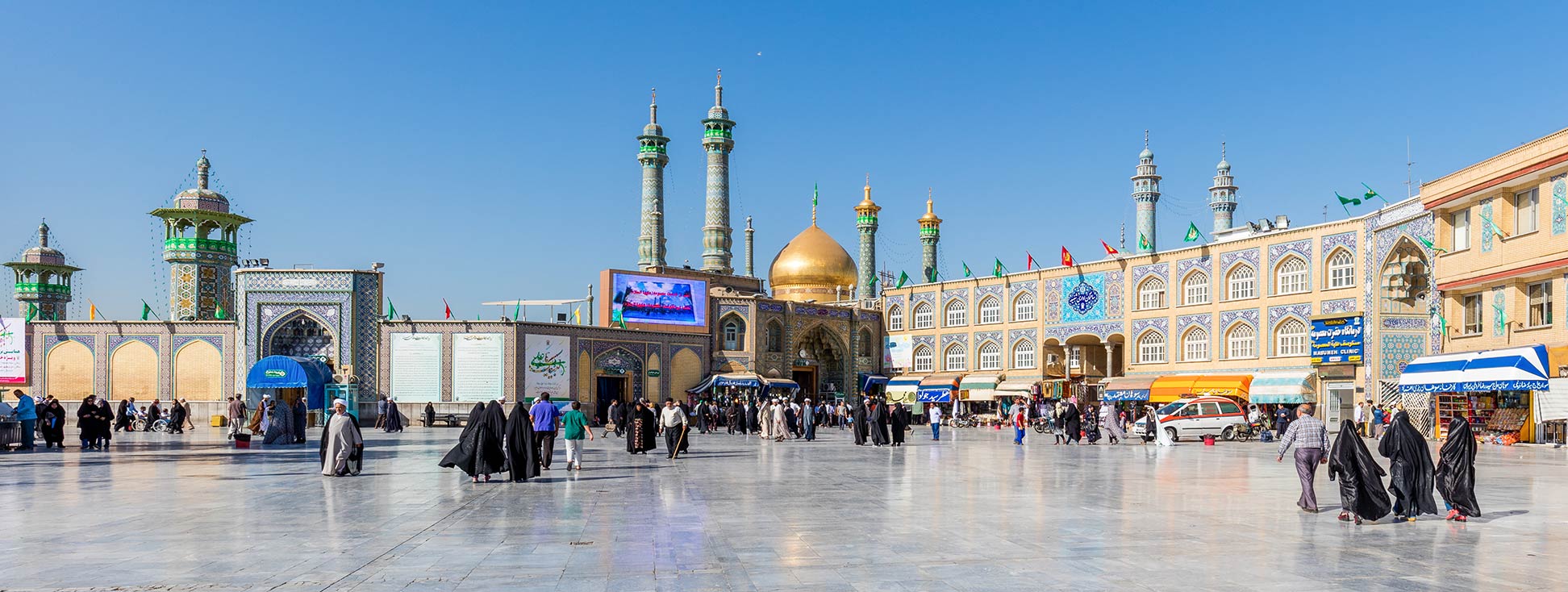Islam is the world’s second-largest religion with over 1.8 billion followers. Muslims all around the world practice certain traditions as a way to show their devotion to their faith. These traditions help them connect with Allah, seek his guidance, and forgiveness. Salah (Prayer), Zakat (Charity), Hajj (Pilgrimage), Eid al-Fitr (Festival of Breaking the Fast), Ramadan (Fasting), Halal (Food and Drink), Hijab (Modest Dress), Sunnah (Prophetic Traditions), Jummah Prayer (Friday Prayer), and Dua (Supplication) are ten of the most common Islamic traditions. Each of these practices is essential for Muslims to lead a life that is pleasing to Allah and to serve others.
Ten Islamic Traditions Practiced Around the World
Islam is the second-largest religion in the world with over 1.8 billion followers. It is a faith that emphasizes the importance of submission to the will of Allah, the creator. Muslims around the world have certain traditions that they practice to show their devotion to their faith. Here are ten of the most common Islamic traditions practiced around the world:
1. Salah (Prayer)
Salah or prayer is one of the Five Pillars of Islam. Muslims are required to perform five daily prayers, which are Fajr, Dhuhr, Asr, Maghrib, and Isha. Salah involves performing a specific set of movements and reciting verses from the Quran. It is a way for Muslims to connect with Allah and seek his guidance and forgiveness.
2. Zakat (Charity)
Zakat is another one of the Five Pillars of Islam. It is a mandatory charitable donation that Muslims are required to give. Zakat is calculated as 2.5% of a Muslim’s wealth and is meant to help those in need. Muslims can give Zakat to various organizations or individuals who are struggling financially.
3. Hajj (Pilgrimage)
Hajj is a pilgrimage to the holy city of Mecca that Muslims are required to make once in their lifetime if they are able to do so. Hajj takes place during the Islamic month of Dhu al-Hijjah and involves performing specific rituals such as circling the Kaaba, a cube-shaped building at the center of the Grand Mosque, and walking back and forth between two hills.
4. Eid al-Fitr (Festival of Breaking the Fast)
Eid al-Fitr is an important festival in Islam that marks the end of the holy month of Ramadan. Muslims celebrate Eid al-Fitr by attending communal prayers, donating to charity, and spending time with family and friends. It is also a time for feasting and exchanging gifts.
5. Ramadan (Fasting)
Ramadan is the holiest month in Islam. It is a time for Muslims to fast from sunrise to sunset as a way to purify their minds and bodies and to become closer to Allah. During Ramadan, Muslims also increase their charitable donations and attend communal prayers.
6. Halal (Food and Drink)
Halal is a term used to describe food and drink that is permissible according to Islamic law. Muslims are required to eat only Halal foods. In addition, Halal standards require that animals are slaughtered in a specific way to ensure that they are treated humanely.
7. Hijab (Modest Dress)
Hijab is a term used to describe the modest dress code that Muslim women are required to follow. It involves covering the head, neck, and chest with a hijab or headscarf. Hijab is a way for Muslim women to show their devotion to their faith and to protect their modesty.
8. Sunnah (Prophetic Traditions)
Sunnah refers to the habits, practices, and sayings of the Prophet Muhammad. Muslims are encouraged to follow the Sunnah in their daily lives as a way to emulate the Prophet and to earn rewards from Allah.
9. Jummah Prayer (Friday Prayer)
Jummah Prayer is a weekly congregational prayer that Muslims attend on Fridays. It involves performing the same set of movements as the other daily prayers, with an additional sermon or khutbah delivered by the imam or prayer leader.
10. Dua (Supplication)
Dua or supplication is a way for Muslims to make requests to Allah. Muslims believe that Allah is always listening and is able to answer their prayers. Dua can be made at any time and in any language, but it is often recited in Arabic as it is the language of the Quran.
In conclusion, these ten Islamic traditions are just some of the many ways in which Muslims around the world practice their faith. Each tradition serves a different purpose, but all of them are important in helping Muslims to connect with Allah, to serve others, and to live a life that is pleasing to Allah.
